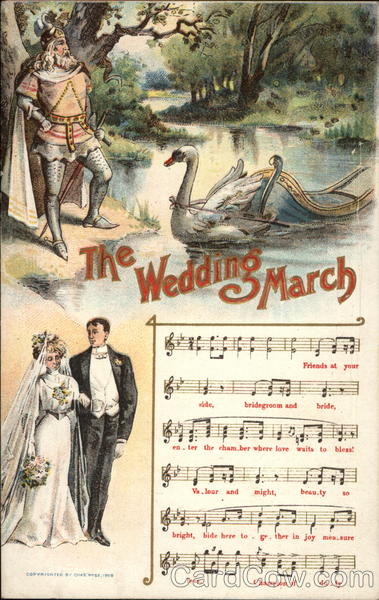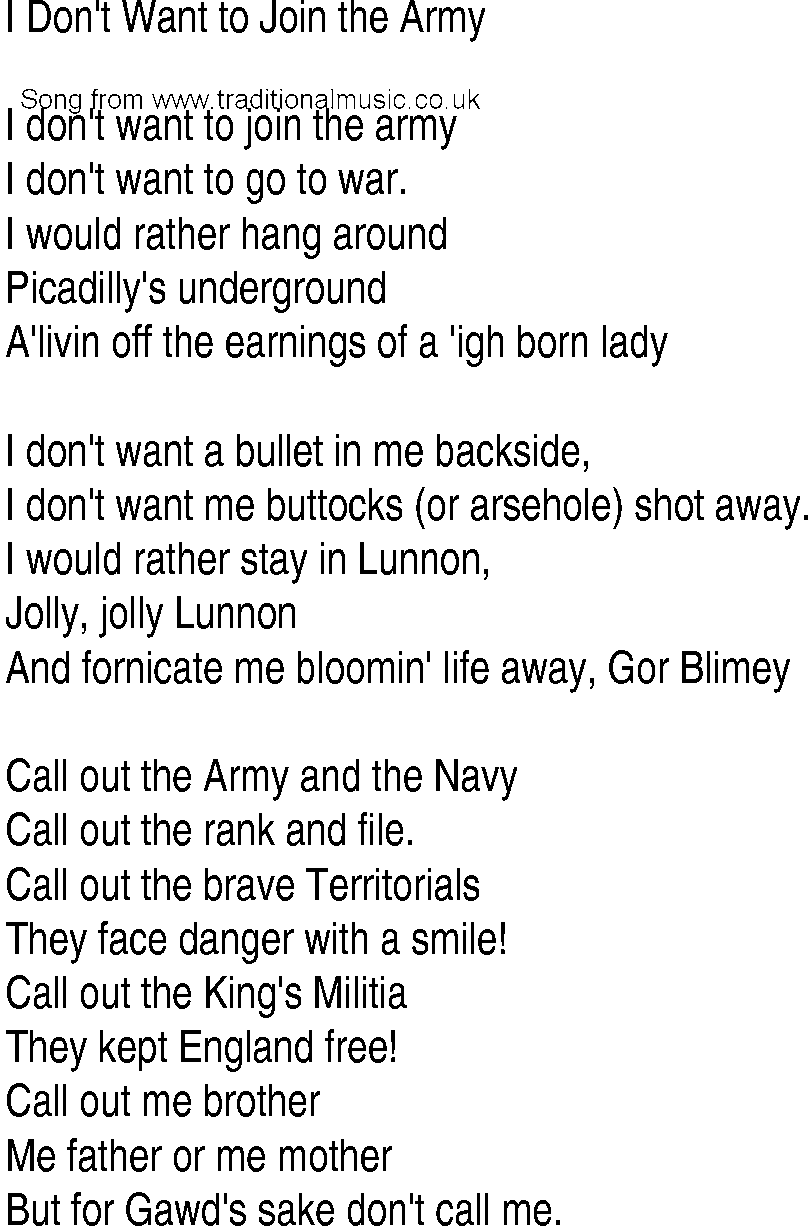Why does music often resonate with specific months of the year? A bold statement reveals that certain songs can encapsulate the essence of time, creating a vivid tapestry of emotions tied to particular moments in our lives. For many, Taylor Swift's lyrics serve as a personal calendar, each line evoking memories linked to distinct seasons and milestones.
In January, we find solace in the lingering holiday spirit captured by Swift's Lover, where she suggests leaving Christmas lights up until the end of the month. As winter transitions into spring, March brings its own narrative through her song Speak Now. Here, an organ plays a haunting tune likened to a death march, setting a somber yet reflective tone for the season. Meanwhile, other artists like Augie March contribute their unique sounds, offering tracks such as One Crowded Hour or Pennywhistle, which explore themes of transience and movement.
| Bio Data | Details |
|---|---|
| Name | Taylor Alison Swift |
| Date of Birth | December 13, 1989 |
| Place of Birth | Reading, Pennsylvania, USA |
| Career | Singer-Songwriter, Musician |
| Professional Information | Official Website |
Continuing this exploration of lyrical connections to months, October emerges prominently in discussions about cryptic songwriting. Fans often speculate over hidden meanings embedded within Swift’s compositions, sparking debates on forums and social media platforms alike. Such intrigue underscores the power of artistry—how words crafted carefully can provoke thought and inspire dialogue among listeners worldwide.
For those seeking inspiration beyond individual months, broader themes prevail across various genres. Consider how The Chicks' March March addresses activism and unity during challenging times while maintaining rhythmic vitality essential for effective protest anthems. Similarly, literary references abound; consider Allen Ginsberg's famous poem Howl, whose structure mirrors military marches but critiques societal norms instead. These examples illustrate how diverse interpretations enrich cultural landscapes globally.
Moving further into thematic territory, consider Diabolik Lovers’ contribution via Kanato’s character song titled GRATEFUL★DEAD★MARCH. This piece exemplifies intricate storytelling combined with atmospheric melodies characteristic of visual novel adaptations. By weaving together elements from gothic romance and supernatural lore, it appeals directly to niche audiences who appreciate layered narratives delivered through auditory means.
Institutional contexts also benefit from well-composed pieces celebrating shared values. Take, for instance, the United States Space Force adopting Semper Supra as its official anthem. Its lyrics emphasize perseverance and ambition underpinning space exploration efforts led by dedicated personnel committed to advancing humanity’s frontiers above Earth. Such instances highlight the universality of music transcending personal experiences towards collective aspirations.
Ultimately, whether referencing specific dates or broader concepts, music continues serving as both mirror and catalyst reflecting human conditions back at us while propelling forward innovation within artistic expressions themselves. From intimate confessions penned by singer-songwriters like Taylor Swift to grandiose declarations made possible through institutional collaborations, every note played contributes meaningfully toward shaping contemporary consciousness around issues ranging from identity politics to cosmic discovery missions alike.



